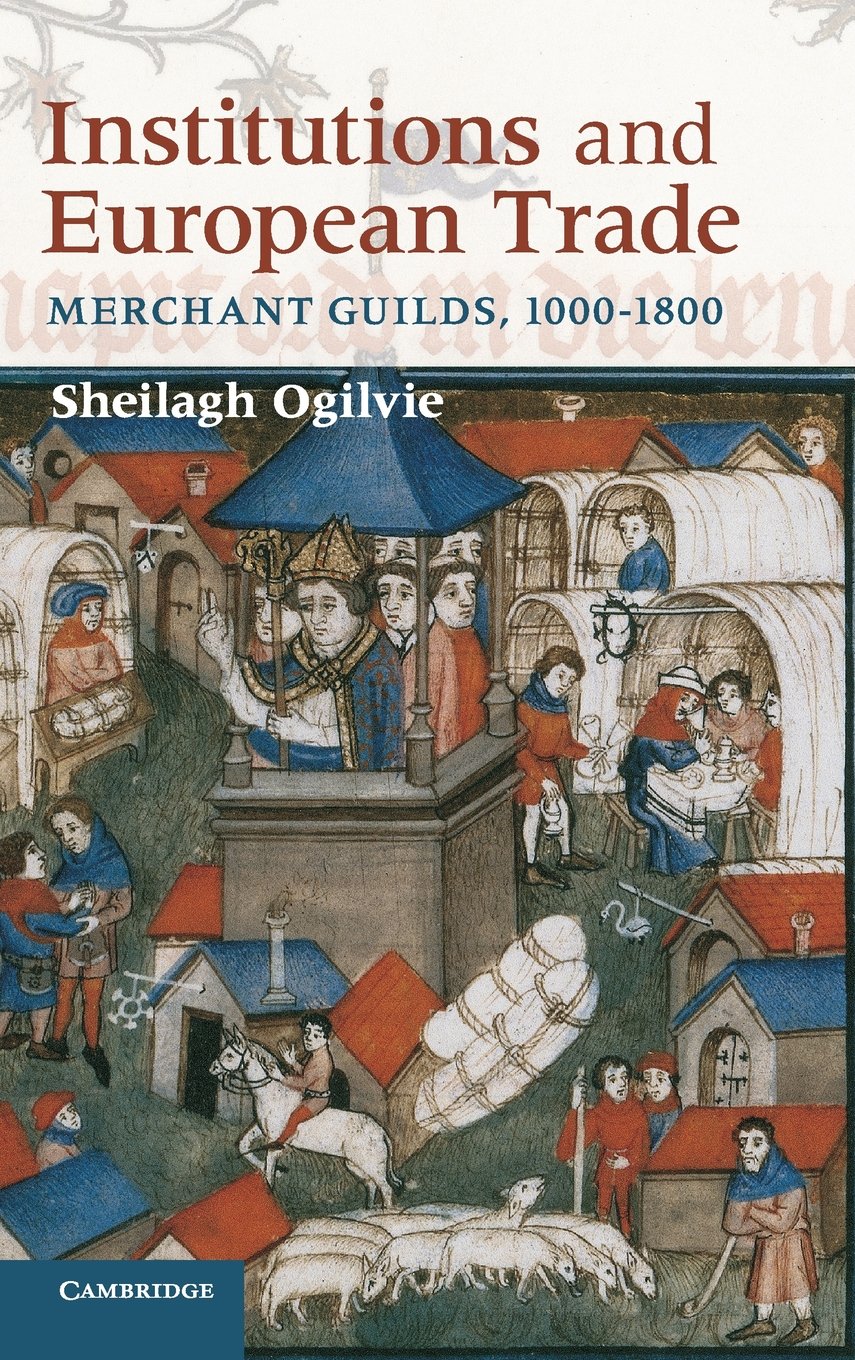
Description:
About this item:
Review:
4.7 out of 5
93.33% of customers are satisfied
Five Stars
(function() { P.when('cr-A', 'ready').execute(function(A) { if(typeof A.toggleExpanderAriaLabel === 'function') { A.toggleExpanderAriaLabel('review_text_read_more', 'Read more of this review', 'Read less of this review'); } }); })(); .review-text-read-more-expander:focus-visible { outline: 2px solid #2162a1; outline-offset: 2px; border-radius: 5px; } A refreshingly honest and straightforward in-depth account of self-serving activities of old guilds that operate similarly nowadays.
Perfecto
Magnifico libro sobre la historia de los gremios
A very realistic picture of medieval and early modern commerce
After years of attempts to paint guilds white it is refreshing to see this book. It shows that guilds were based on monopolies and used their privileges in a way that is universally condemned today. It also shows that monopolies and bribed politicians were a feature of European commerce for a much longer time that nowadays’ ideal of fair trade and competition. No surprise that the old exclusive system still informally remains in some areas of business. Also, it was very interesting to read about medieval legal ways to enforce contracts.
Visit the Cambridge University Press Store
Institutions and European Trade: Merchant Guilds, 1000–1800 (Cambridge Studies in Economic History - Second Series)
AED71017
Quantity:
Order today to get by
Free delivery on orders over AED 200
Product origin: United Kingdom
More from this brand
Similar items from “International”
Share with
Or share with link
https://www.bolo.ae/products/K0521764173